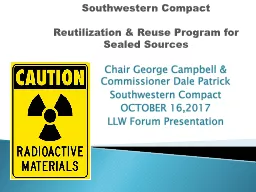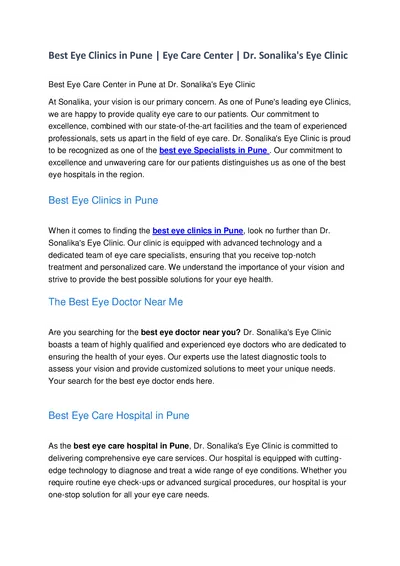PDF-UT Southwestern Harold C Simmons Comprehensive Cancer Center
Author : trinity | Published Date : 2022-08-16
2201 Inwood Rd Dallas Texas 75390 9323 Phone 214 645 2563 Fax 214 645 2562 httpwwwutswmedicineorgcancerprogramscancer genetics Last Updated March 2020 Low Moderate
Presentation Embed Code
Download Presentation
Download Presentation The PPT/PDF document "UT Southwestern Harold C Simmons Compreh..." is the property of its rightful owner. Permission is granted to download and print the materials on this website for personal, non-commercial use only, and to display it on your personal computer provided you do not modify the materials and that you retain all copyright notices contained in the materials. By downloading content from our website, you accept the terms of this agreement.
UT Southwestern Harold C Simmons Comprehensive Cancer Center: Transcript
Download Rules Of Document
"UT Southwestern Harold C Simmons Comprehensive Cancer Center"The content belongs to its owner. You may download and print it for personal use, without modification, and keep all copyright notices. By downloading, you agree to these terms.
Related Documents














